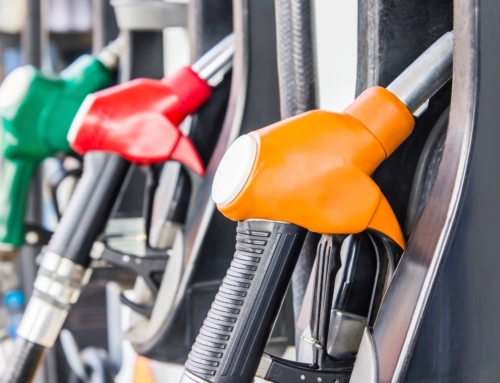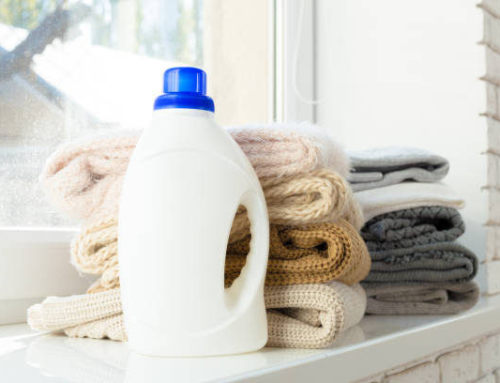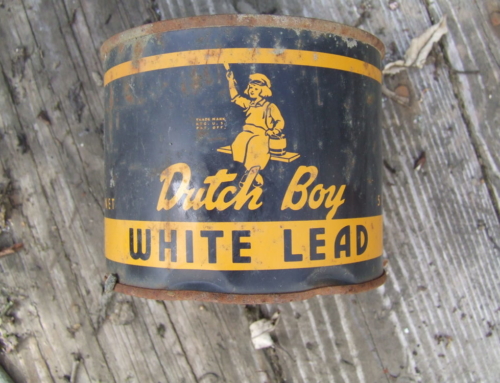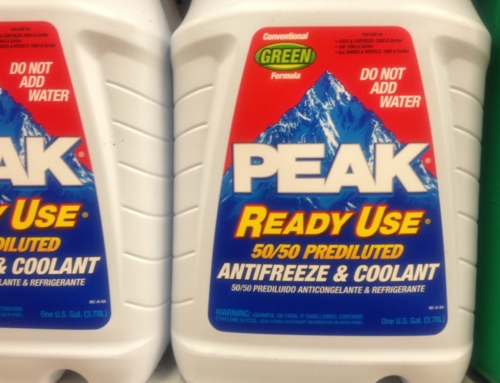If you have any reason to suspect your pet has ingested something toxic, please contact your veterinarian or one of the other resources listed:
• ASPCA Animal Poison Control Center 24-hour hotline at (888) 426-4435
• Pet Poison Helpline® 24-hour animal poison control service at (855) 764-7661
Methanol
Methanol is found in a variety of consumer products including windshield washer fluid, paint thinners, and household cleaning products. Ingestion can be very toxic to pets, particularly cats and dogs.
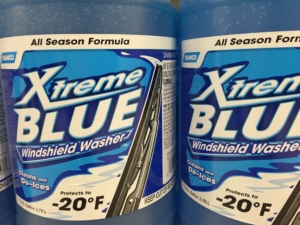
Signs and symptoms of toxicity: Clinical signs of toxicity include depression, fatigue, sedation, difficulty walking and decreased body temperature.
Toxic consumption:
In dogs, 5 – 11.25 mL/kg (2.2 – 5.1 mL/lb) of undiluted methanol may be toxic, even fatal. There is no established toxicity threshold in cats. All incidences of exposure should be reported immediately.
| X-Small Yorkie, Chihuahua |
Small Pug, Boston Terrier, Poodle |
Medium Beagle, Scottish Terrier |
Large Boxer, Cocker Spaniel |
X-Large Retriever, German Shepherd |
XX-Large Great Dane, St. Bernard |
| 1 – 10 lbs. (0.45 – 4.6 kg) |
11 – 25 lbs. (5 – 11.4 kg) |
26 – 40 lbs. (11.8 – 18.2 kg) |
41 – 70 lbs. (18.6 – 31.8 kg) |
71 – 90 lbs. (32.3 – 40.9 kg) |
91 – 110 lbs. (41.4 – 50 kg) |
 |
 |
 |
 |
 |
 |
| > 2.2 mL | > 24 mL | > 58 mL | > 92 mL | > 161 mL | > 206 mL |
References:
Osweiler, G, et al. (2011). Blackwell’s five-minute veterinary consult clinical companion. Small Animal Toxicology. [Kindle version]. Retrieved from Amazon.com
Pet Poison Control is provided free as a public service by the American College of Veterinary Pharmacists. Today we’re asking you to support us with a small donation. If you would like to dedicate your gift in honor or memory of a pet or individual, you will have that option before checkout. Your gift of any amount helps us maintain this resource and make it available to the pharmacy and veterinary communities. Thank you!

